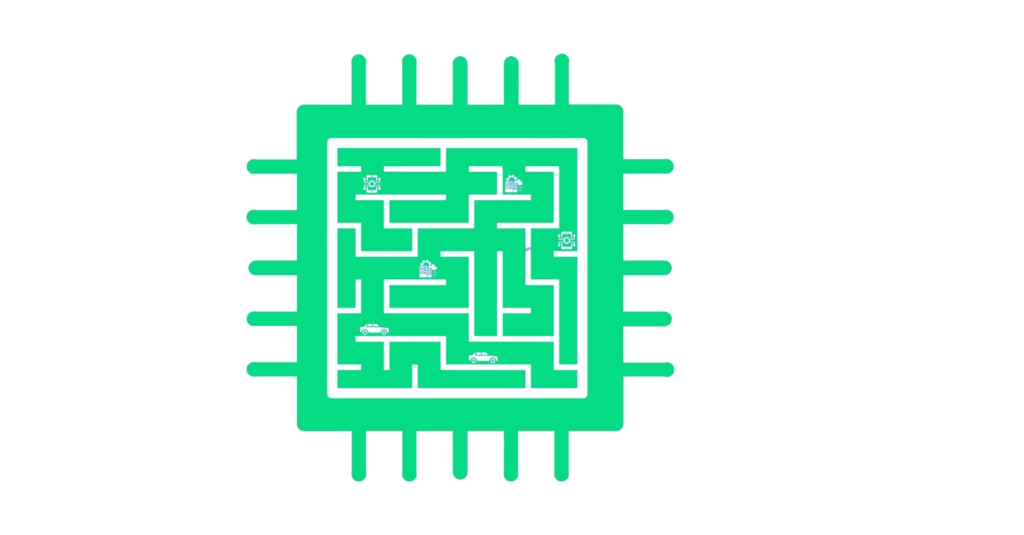Robust Security for Application Processors
Addressing advanced security challenges in high-performance computing environments.

Processor Security Challenges
Advancements in application processors have led to unprecedented performance but also introduced complex security risks. These processors now face sophisticated threats that exploit deep-seated vulnerabilities, challenging the integrity and trust in modern computing environments.
How Radix Helps

Protect Sensitive Data in Shared Structures
Challenge: Processors that utilize shared microarchitectural structures, such as CPU caches, can inadvertently expose sensitive data during transient execution (CWE-1421). This vulnerability occurs despite Instruction Set Architecture (ISA) features intended to isolate software components, potentially leading to the exposure of sensitive data through covert channels.
Solution: Radix addresses this vulnerability by closely monitoring the usage of shared microarchitectural structures and identifying access patterns that could lead to data exposure. By employing a combination of static analysis and runtime monitoring, Radix is able to detect the specific scenarios under which sensitive information might be compromised and provide targeted solutions to mitigate these risks.

Prevent Incorrect Data Forwarding
Challenge: High-performance processors that implement speculative execution and caching mechanisms are at risk of exposing sensitive information through incorrect or stale data forwarding (CWE-1422), creating security vulnerabilities that can be exploited through covert channels.
Solution: Radix combats this threat by analyzing the data forwarding paths within the processor to identify and mitigate instances of incorrect or stale data usage during speculative execution. Through comprehensive execution path analysis, Radix ensures the confidentiality and integrity of sensitive data processed by the CPU.

Securing Shared Predictor States
Challenge: Shared microarchitectural predictor states across different execution contexts or hardware threads can lead to unintended influences on transient execution, enabling attackers to infer private data from other software components or threads (CWE-1423). This breaches the confidentiality boundaries established by the processor's architecture.
Solution: To prevent this, Radix meticulously tracks and analyzes the creation and usage of predictor states across various execution contexts and threads. By identifying abnormal predictor behavior that suggests malicious influence, Radix implements effective countermeasures to protect sensitive information from being exposed through covert channels.
Related Resources
No posts found!

Enhance Application Processor Security with Radix
Strengthen processor security with Radix: detect vulnerabilities and protect multicore systems effectively.
